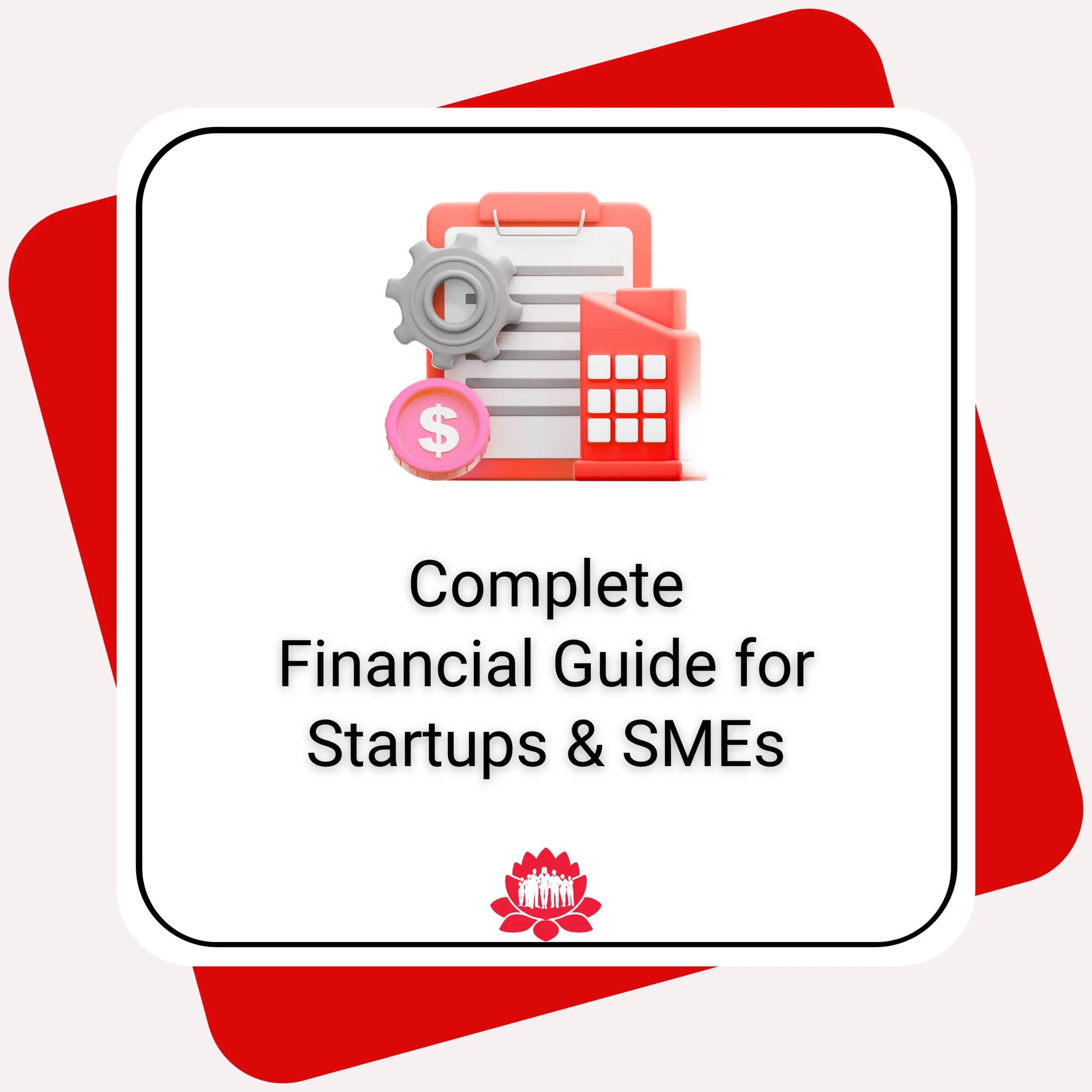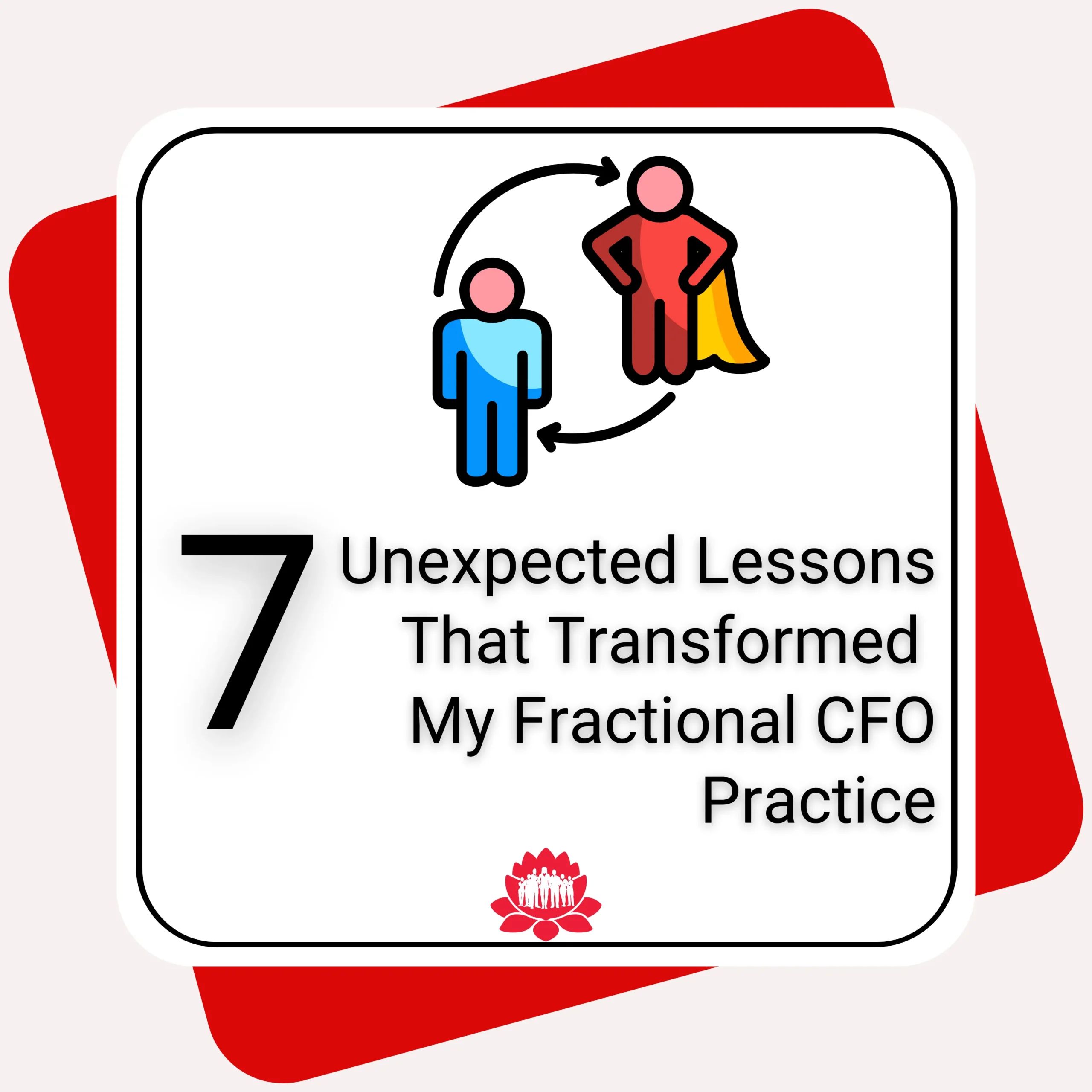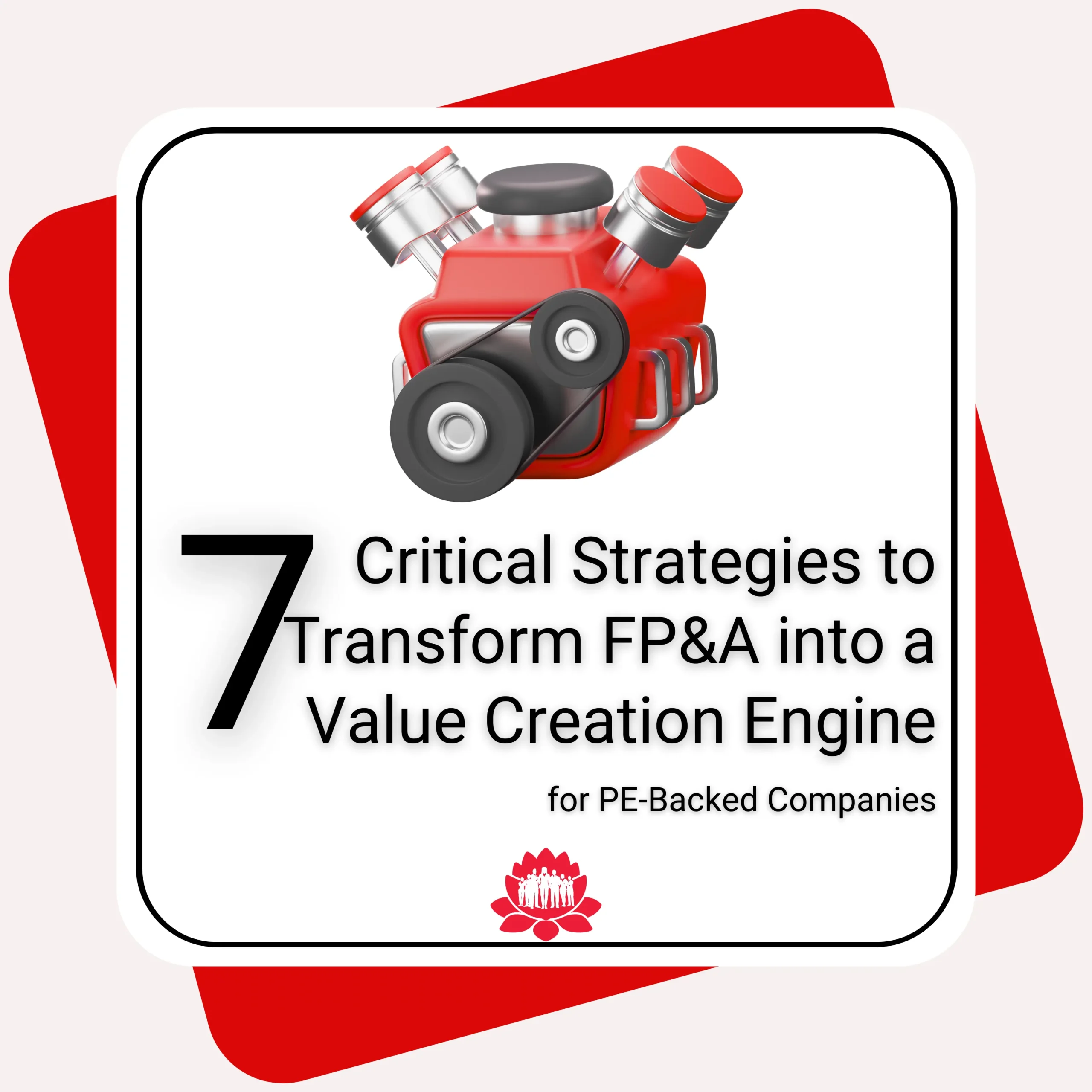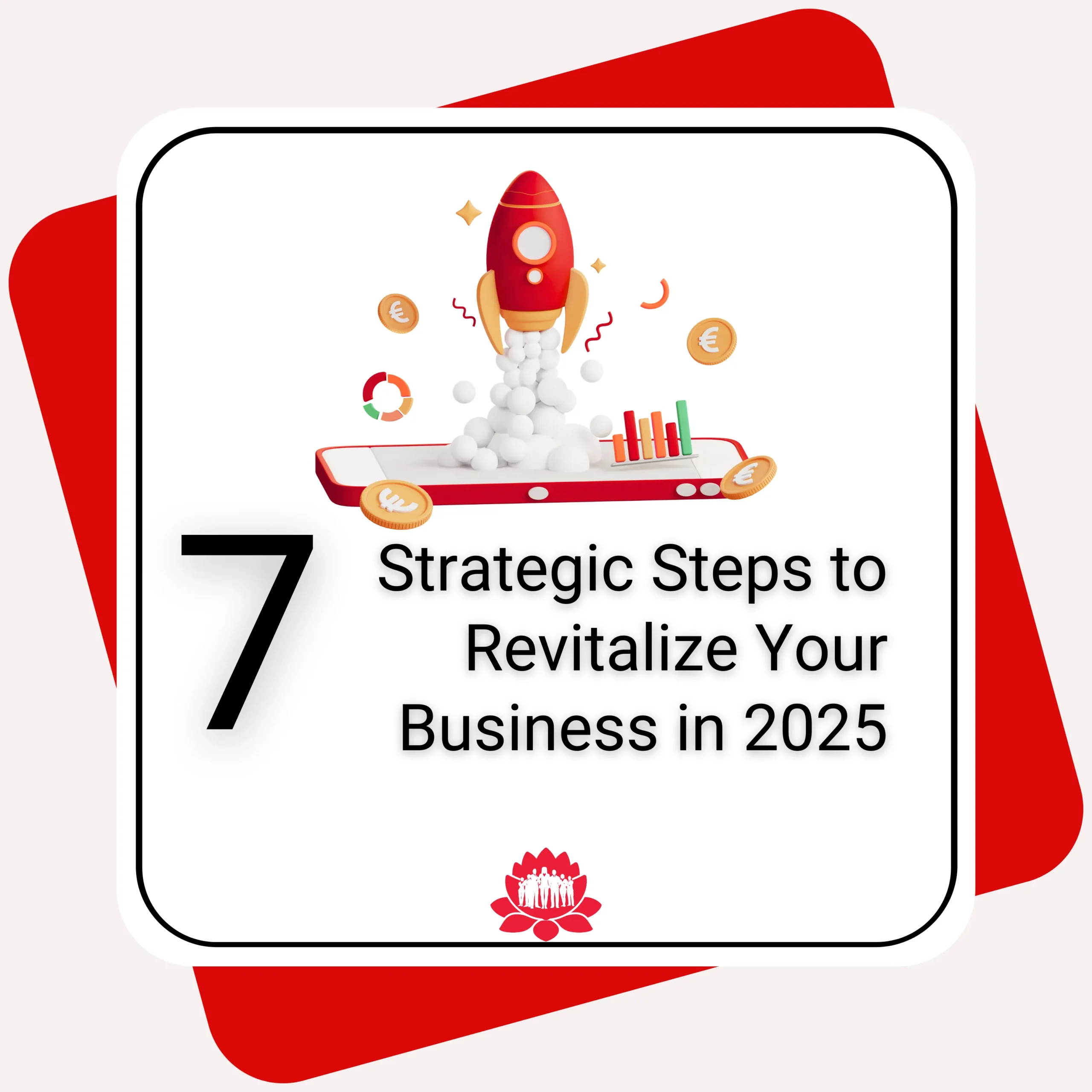Fractional CFO vs Full-Time CFO

Fractional CFO vs Full-Time CFO
Which Is Right for Your Business?
As I sit in meditation before dawn each morning, watching the first light touch my garden, I'm reminded that every business, like every season, has its perfect timing. The question I hear most often from fellow entrepreneurs isn't about profit margins or cash flow projections—it's deeper than that. It's about finding the right financial guidance for where they are right now in their journey.
Today, let's explore one of the most pivotal decisions facing growing businesses: choosing between a fractional CFO and a full-time CFO. Like choosing between a mountain path and a river route, both lead forward, but the terrain of your business will determine which serves you best.
Finding financial balance in an unbalanced world
The Nature of Financial Leadership
Before we dive into the practical, let's pause for perspective.
A CFO—whether fractional or full-time—is more than a numbers person. They're the financial conscience of your organization, the strategic voice that asks the hard questions, and the calm presence that guides you through both storms and sunny skies.
In my years as a business leader, I've learned that the best financial leaders don't just crunch numbers; they translate the language of money into the poetry of possibility. They help you see not just where your cash is flowing, but where your business can flow toward its highest potential.
Understanding Your Options: The Two Paths
The Fractional CFO: Wisdom on Demand
A fractional CFO is like having a wise mentor who visits your mountain retreat regularly - bringing deep expertise without taking up permanent residence. They typically work with multiple clients, offering senior-level financial leadership on a part-time basis.
The essence of fractional: Strategic financial guidance with flexibility and cost-effectiveness.
The Full-Time CFO: The Resident Sage
A full-time CFO is your in-house financial philosopher, present for every daily decision and long-term vision session. They're fully committed to your organization's journey, available for both urgent financial storms and quiet strategic planning sessions.
The essence of full-time: Complete dedication with immediate availability and deep organizational knowledge.
When to Choose the Fractional Path
Like a skilled archer who knows when to draw the bow halfway versus pulling it to full tension, timing matters. Here are the clear signals that a fractional CFO aligns with your current business karma:
Revenue Sweet Spot: $2M to $80M
If your business generates between $2 million and $80 million annually, you've likely outgrown basic accounting and are starting to reach the complexity requiring monthly financial oversight. This is the sweet spot where fractional wisdom shines.
Real-world example: A SaaS company I worked with, was generating $2M annually but struggling with cash flow forecasting and investor reporting. As their fractional CFO, we helped them implement proper financial controls, create board-ready reports, and plan their next funding round —all for a fraction of a full-time salary.
Project-Based Financial Needs
Sometimes businesses need intensive financial work for specific initiatives—fundraising, acquisitions, system implementations, or strategic planning. A fractional CFO can provide the concentrated expertise needed without the long-term commitment.
Real-world example: A client needed help preparing for post-spinoff standup. Rather than hiring full-time, they brought in a fractional Finance assistance to clean up their financials, work on Opening Balance Sheet, and guide them through setup of internal finance operations. The result? A successful setup of operations that more than paid for the fractional investment.
Growing but Not Yet Stable
If your business is in rapid growth mode but revenue remains somewhat unpredictable, the flexibility of fractional services allows you to scale financial expertise up or down as needed.
Limited Budget, Unlimited Ambition
Startups and smaller companies often need CFO-level thinking but can't justify the $200K+ investment of a full-time executive, plus bonuses, stock options, and benefits on top adding up to over 30% more. Fractional provides access to senior-level expertise at a fraction of the cost.
When to Choose the Full-Time Path
Just as a garden needs a dedicated gardener once it reaches a certain complexity, some businesses require the constant presence of full-time financial leadership.
Revenue Threshold: $50-80M+
Once you're consistently generating $50-80+ million annually, the complexity of financial operations typically requires someone who can focus entirely on your business. You need someone present for board meetings, daily operations, and strategic planning sessions.
Complex Financial Operations
If your business involves multiple revenue streams, complex regulatory requirements, international operations, or sophisticated financial instruments, you need someone who can dive deep and stay deep.
Rapid Scaling or Public Company Aspirations
Companies preparing for IPO or experiencing explosive growth need the constant availability that only a full-time CFO can provide. The demands of investor relations, regulatory compliance, and scaling financial systems require dedicated focus.
Team Leadership Requirements
If you need someone to build and lead a finance team, mentor junior staff, and create a financial culture within your organization, a full-time CFO becomes essential.
The Actionable Decision Framework
Here's your mindful decision-making process, designed to cut through confusion and lead to clarity:
Step 1: Assess Your Current Reality
Financial complexity audit:
- How many revenue streams do you have?
- Do you operate in multiple locations or countries?
- What's your regulatory environment?
- How often do you need financial guidance? Daily, weekly, or monthly?
Resource assessment:
- What's your total annual revenue?
- What percentage can you reasonably allocate to financial leadership?
- Do you have existing finance team members who need leadership?
Step 2: Envision Your Future Needs
12-month horizon:
- Are you planning to raise capital?
- Do you anticipate major growth or changes?
- Will you need new systems or processes?
3-year vision:
- Where do you see your revenue?
- Will you consider acquisition or exit?
- How complex will your operations become?
Step 3: Calculate the True Cost
Fractional CFO investment:
- Typically $5K-$20K per month depending on scope
- Additional project fees for special initiatives
- No benefits, equity, or office overhead
Full-time CFO investment:
- Base salary: $150K-$400K+ depending on company size and location
- Benefits and equity compensation
- Office space and technology
- Potential team expansion costs
Step 4: Test the Waters
For fractional consideration: Start with a 3-month engagement for a specific project. This allows you to experience working with fractional leadership while accomplishing necessary financial work.
For full-time consideration: Consider hiring a fractional CFO first to help define the full-time role requirements and even assist in the hiring process.
Hybrid Approaches: The Middle Way
Sometimes the most balanced approach combines elements of both paths. Consider these hybrid strategies:
The Fractional-to-Full-Time Transition
Start with fractional services to establish financial foundations, then transition to full-time as you grow. Many of my fractional relationships have evolved this way naturally.
The Fractional Plus Team Model
Hire full-time finance team members (controller, financial analyst) with fractional CFO leadership. This provides daily operational support with strategic oversight.
The Project-Based Augmentation
Maintain full-time financial leadership while bringing in fractional specialists for specific projects—M&A, international expansion, or system implementations.
Making Your Decision with Confidence
The path forward reveals itself when you align your business needs with your resources and timeline. Here's your final checkpoint:
Choose fractional if:
- Revenue is $2M-$80M annually
- You need strategic guidance more than daily oversight
- Budget constraints make full-time unrealistic
- You're preparing for specific financial initiatives
- Your financial needs fluctuate seasonally
Choose full-time if:
- Revenue exceeds $81M consistently
- Operations are complex and require daily financial oversight
- You're building a finance team
- Investor relations demand constant availability
- Regulatory requirements need dedicated attention

“The right CFO relationship—fractional or full-time—will feel like finding the perfect meditation cushion: supportive, comfortable, and enhancing your practice rather than distracting from it.”
Neeti Dewan
CEO, Platinum AdvantEdge
Final Thoughts From The Executive Yogi
The Wisdom of Right Timing
Remember, there's no permanent decision here. Your business is a living entity that will grow and change. The financial leadership that serves you today may not be what you need tomorrow, and that's perfectly natural.
What matters most is choosing consciously, based on your current reality rather than your ego or someone else's path. The right CFO relationship—fractional or full-time—will feel like finding the perfect meditation cushion: supportive, comfortable, and enhancing your practice rather than distracting from it.
Take time to sit with this decision. Consult your advisors, review your numbers, and trust your intuition. The answer is already within your business; it just needs the space to emerge.
May your financial decisions flow from wisdom, not worry, and may your business prosper in all the ways that matter most.






